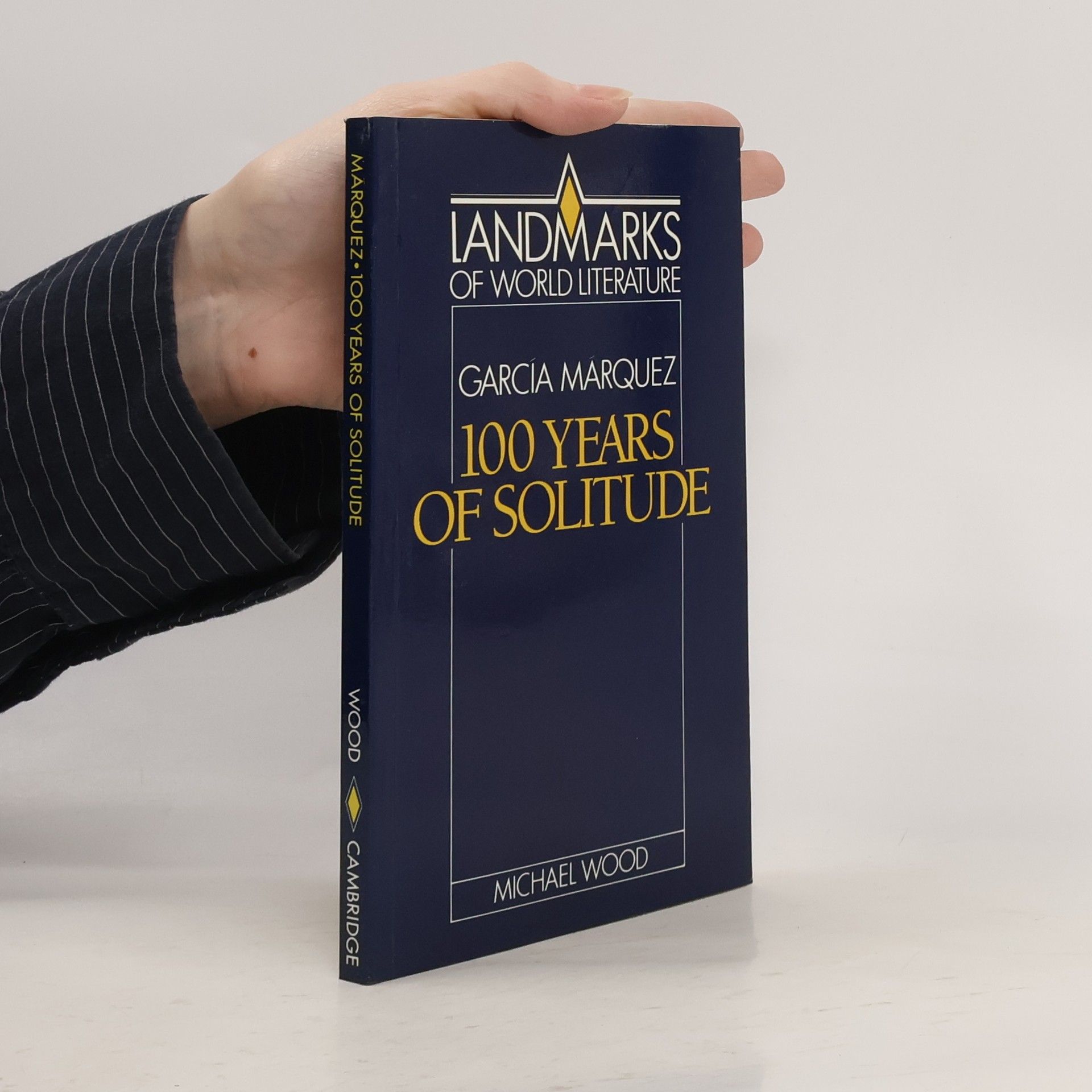Focusing on character psychology, the book provides an accessible analysis of a classic novel by Tolstoy. Professor Thorlby engages readers with a close reading that simplifies complex themes, making it suitable for those encountering the text in English translation. His approach emphasizes clarity and understanding, inviting a deeper appreciation of Tolstoy's nuanced characterizations.
Pietre miliari della letteratura mondialeSerie
Questa serie offre introduzioni concise e lucide alle principali opere della letteratura mondiale, trascendendo qualsiasi singola tradizione o genere. Forma cumulativamente una biblioteca sostanziale di letture essenziali, fornendo spunti accessibili su alcuni dei capolavori più importanti e letti. Ogni volume funge da guida illuminante, approfondendo l'apprezzamento e la comprensione del lettore dei successi letterari globali.






Ordine di lettura consigliato
The analysis presents a contemporary perspective on Hardy's novel, emphasizing its relevance and modern themes. It explores how the narrative resonates with today's issues, showcasing the timelessness of the characters and their struggles. This fresh interpretation invites readers to reconsider the work in light of current societal contexts, revealing deeper insights into its enduring significance.
In Doctor Faustus, his last major novel, Thomas Mann attempted to interpret and judge Germany's role in European culture and history since the Reformation. Through the figures of the solitary avant-garde composer, Adrian Leverkühn, and his often bemused biographer Serenus Zeitblom, Mann explores Germany's self-understanding and self-assertion. The novel intermingles fiction and history in a narrative that combines complex psychological analysis, virtuoso stylistic parody and vivid evocation of atmosphere and milieu. Michael Beddow analyses the structure of the plot and explores the significance of its chief historical, theological, psychological and musical themes. He considers Mann's understanding and modification of the Faust tradition, his thematic and formal indebtedness to Nietzsche and his interest in Adorno's neo-Marxism. The study concludes with an account of the work's generally hostile reception in defeated Germany.
This introduction explores the themes and characters of Gottfried von Strassburg's Tristan, emphasizing the complex interplay of love, honor, and fate. It delves into the historical context of the work, highlighting its significance in medieval literature. The analysis provides insights into the narrative structure and poetic style, making it accessible for both new readers and those familiar with the text. The book serves as a valuable guide to understanding the enduring legacy of this classic tale of romance and tragedy.
The novel features a passionate and introspective young artist, Werther, whose intense emotions and unrequited love lead him into a profound existential crisis. Set against the backdrop of the late 18th century, it explores themes of longing, despair, and the complexities of human relationships. The story's poignant portrayal of Werther's inner turmoil resonated deeply with readers, establishing it as a pivotal work in the Sturm und Drang movement and influencing literature across Europe.
The book delves into the intricate historical, theological, psychological, and musical themes present in Mann's work. It highlights Mann's influences from the Faust tradition, as well as philosophical ideas from Nietzsche and neo-Marxism, providing a comprehensive analysis of how these elements intertwine within the narrative. Beddow's examination offers insights into the depth and complexity of Mann's writing, making it a valuable resource for understanding the broader implications of his themes.
Set against the backdrop of the Black Death in 1348, ten young Florentines escape to the countryside, where they engage in storytelling as a means of coping with their circumstances. The narrative unfolds through one hundred novelle that tackle diverse themes, including domestic struggles and the political dynamics between Christians and Arabs. David Wallace provides insights into the text's connection to Boccaccio's proto-capitalist Florence, while also addressing gender issues and the influence of the Decameron on later literature, notably Chaucer and the novel.
Ezra Pound's 800-page Cantos, written over a period of more than 50 years (1917-1969), invites the reader to join the poet on a journey from darkness and despair towards light and positive activity. In this study, the author addresses the reader approaching the Cantos for the first time.
Recognized as a pivotal work in contemporary Latin American literature, the narrative explores the multi-generational saga of the Buendía family in the fictional town of Macondo. It weaves themes of solitude, magic realism, and the cyclical nature of history, reflecting the complexities of human experience and cultural identity. The novel's rich storytelling and vivid imagery have made it a cornerstone of modern fiction, influencing countless writers and captivating readers worldwide.
